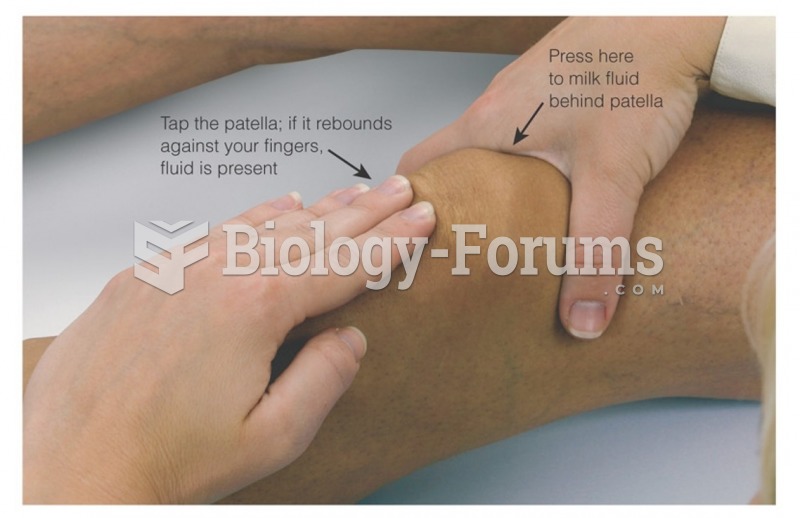|
|
|
Pregnant women usually experience a heightened sense of smell beginning late in the first trimester. Some experts call this the body's way of protecting a pregnant woman from foods that are unsafe for the fetus.
The calories found in one piece of cherry cheesecake could light a 60-watt light bulb for 1.5 hours.
Drug-induced pharmacodynamic effects manifested in older adults include drug-induced renal toxicity, which can be a major factor when these adults are experiencing other kidney problems.
The modern decimal position system was the invention of the Hindus (around 800 AD), involving the placing of numerals to indicate their value (units, tens, hundreds, and so on).
A cataract is a clouding of the eyes' natural lens. As we age, some clouding of the lens may occur. The first sign of a cataract is usually blurry vision. Although glasses and other visual aids may at first help a person with cataracts, surgery may become inevitable. Cataract surgery is very successful in restoring vision, and it is the most frequently performed surgery in the United States.
 The Taung Child, the first of the australopithecines to be discovered, is the type specimen for Aust
The Taung Child, the first of the australopithecines to be discovered, is the type specimen for Aust
 Middle adulthood can bring large-scale changes in lifestyle and interests, as illustrated by this ph
Middle adulthood can bring large-scale changes in lifestyle and interests, as illustrated by this ph





